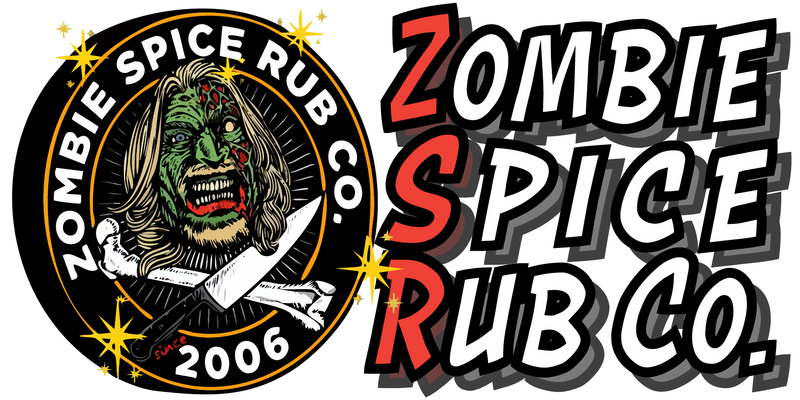Look, let's get the history of Ginger out of the way. It's kinda cool and sets the stage as to why things like Ginger Ale and Root Beer exist!
The 'Roots' of Ginger (see what we did there?) =D
The history of Ginger goes back over 5000 years when the Indians and ancient Chinese considered it a tonic root for all ailments. While Ginger originated in Southeast Asia, it has a long history of being cultivated in other countries. At an early date it was exported to Ancient Rome from India. It was used extensively by the Romans, but almost disappeared from the pantry when the Roman Empire fell. After the end of the Roman Empire, the Arabs took control of the spice trade from the east. Ginger became quite costly like many other spices. In medieval times it was commonly imported in a preserved form and used to make sweets.
Ginger (scientific name = Zingiber officinale) is a warming spice and comes from the same family as cardamom and turmeric. It has been used in Asian food for centuries. It also became a popular spice in the Caribbean where it could be easily grown. In the 15th century, Ginger plants were carried on ships which is probably how they were introduced to the Caribbean as well as Africa. Today ginger is grown throughout the tropics.
Health Benefits of Ginger
Ginger has been used for its health benefits for over 5000 years and is a favorite medicinal as well as culinary herb. Unlike most spices, the part that has the most medicinal value grows under ground. Often mistakenly called “ginger root” this is actually the rhizome of the plant which is more of a subterranean stem than a root.
Although you can use dried ginger and powdered ginger for health benefits, fresh ginger is preferred. It is readily available in most supermarkets. Pieces of the rhyzome can be sliced off for use and the remainder stored in the refrigerator where it should keep for about 3 weeks as long as it is not fully peeled.
Gingers healing properties come from it’s volatile oils, gingerols and shogaols, which are also responsible for it’s pungent taste. The oils cause more digestive enzymes to be produced which helps with the whole digestion process and neutralizes the acids that can cause nausea, cramps and even diarrhea.
Not as commonly known, gingerol also serves as an anti-inflammatory compound, that can improve arthritis symptoms in people that have osteoarthritis and rheumatoid arthritis or even ulcerative colitis. Some studies show that it can even help inhibit the replication of the herpes simplex virus.
Interestingly, ginger can also promote healthy sweating, making it beneficial to include in your eating pattern when you have a virus. Being a warming herb, ginger can help knock out a fever. This property also makes it effective in stimulating circulation of the blood. It can also help relax muscles around the blood vessels and is said to help prevent blood clots from forming. The warming effects make it a natural decongestant as well as an antihistamine, making it the perfect remedy for colds.
So we don't omit the more commonly known facts, one of ginger's most touted health benefits is its ameliorating effects on digestive ailments. It can help digest fatty foods and break down proteins. It is excellent for reducing gas. Many people report that it will also relieve nausea, and can be effective in treating morning sickness as well as motion sickness.
We got you covered. Bone Cruncher is loaded with ginger.
Oh, and psych! We're gonna wrap up with more ginger history... it is only in recent years that ginger has become more valued as a spice than for it’s medicinal properties. Even so, in western countries it has been used to add taste to buttermilk drinks as far back as the 11th Century AD. Widespread use in foods did not occur until roughly 200 years later when ginger was used in cooking meats and in ginger pastes. It is said the Queen Elizabeth I of England invented the gingerbread man1, which became a popular Christmas treat.
Ginger has been a trading commodity longer than most spices. But it came into its own during the 13th and 14th centuries. When the Arabs traveled to Africa and Zanzibar, they planted the rhizomes thus spreading the cultivation of this great herb. Today, Ginger can be found in any grocery store and purchased for a few dollars, but back in the 14th century a pound of Ginger held a value equal to that of a whole live sheep!
PS - Dry Ginger powder is also known as:
- Sonth/Soonth/Saunth in Hindi,
- 'Sonti' in Telugu
- Chukku or Sukku in Tamil
- 'Chukku' in Malayalam
- 'Shunti' in Kannada
- 'Sonth' in Bengali
- 'Soonth' in Gujarati
- 'Suntha' in Marathi
We'd love to read your share if you know any other ginger powder uses. Leave a comment below. Post your pics on Facebook and/or Instagram and tag us @zombiespicerub. Might be some schwag in it for you =D
Eat safe out there, #mealtimeowner
Questions? You've got options:
- Click: Contact Us (multiple options listed)
- Live Chat: look at the lower right-hand side of your screen and use our Live Chat / FB Messenger / Apple Messages options

